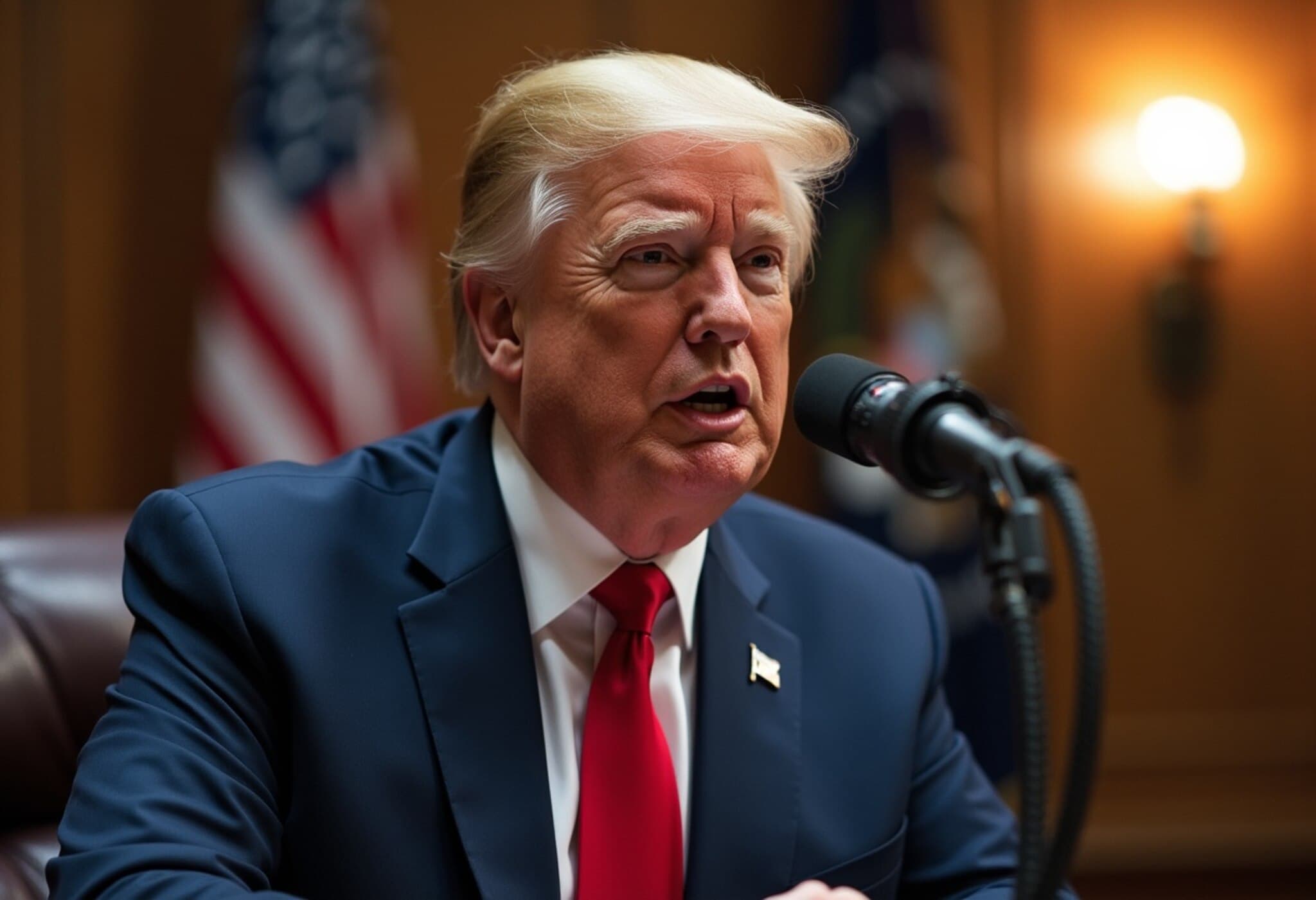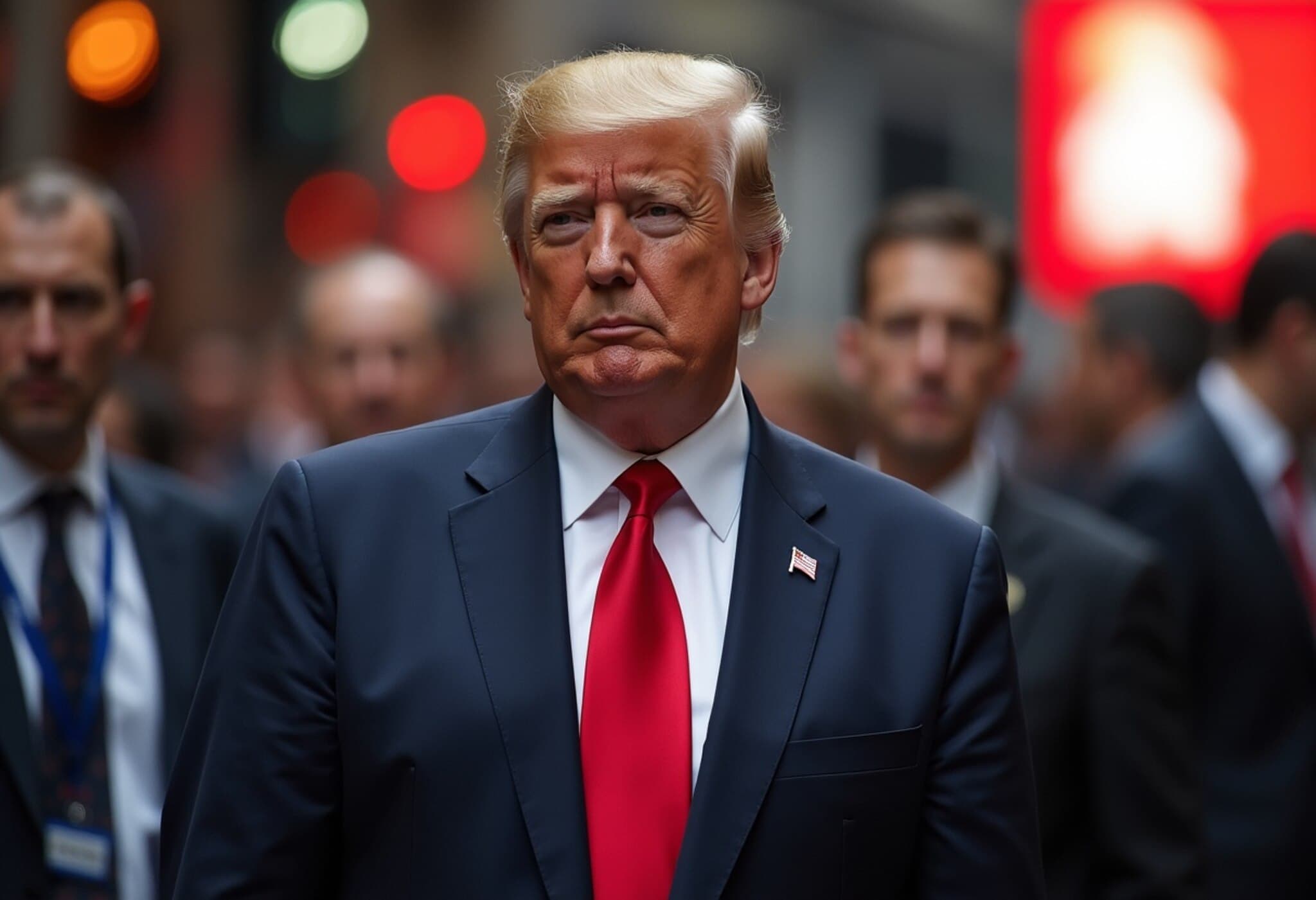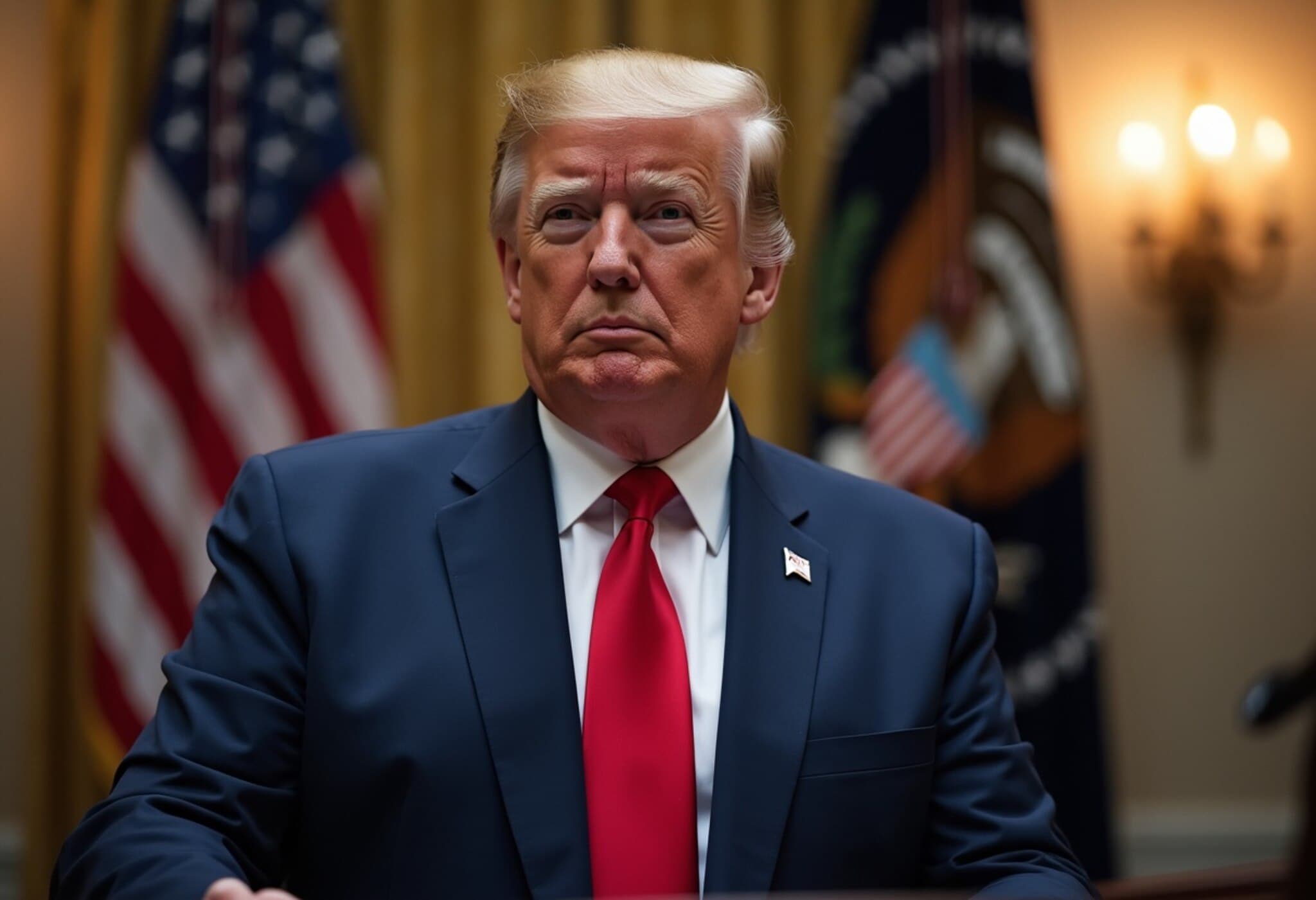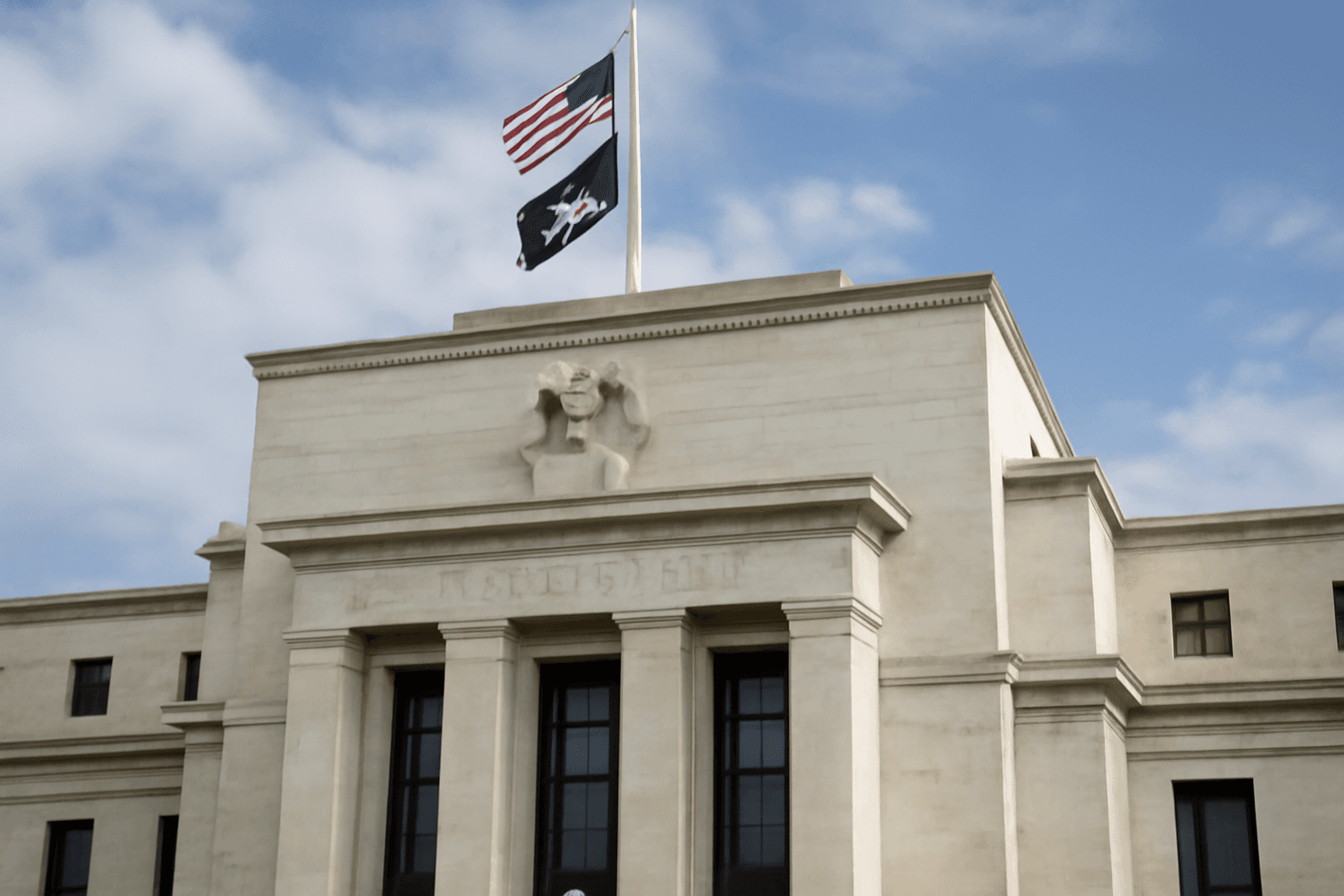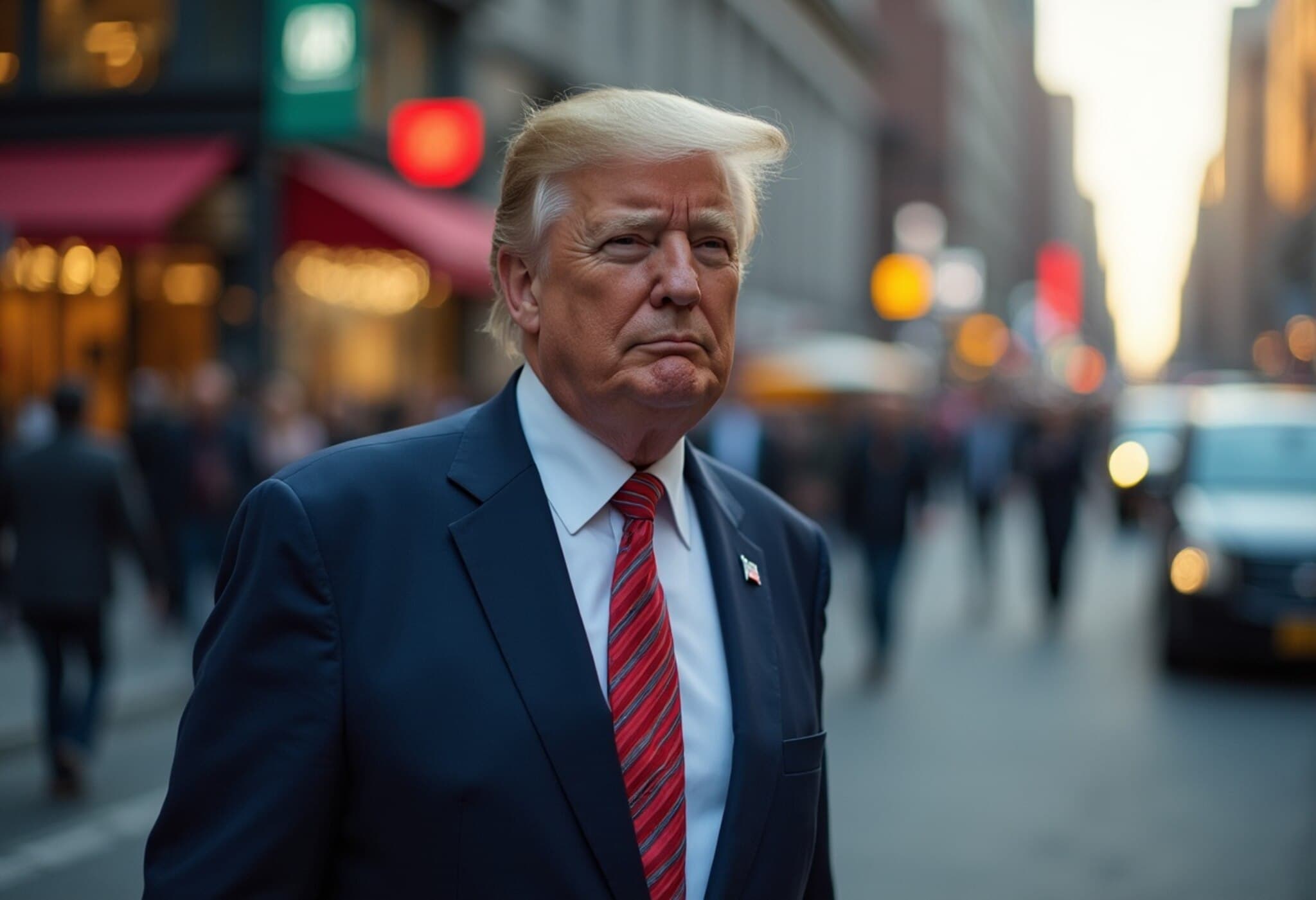Federal Probes into Polymarket Conclude Without Charges
After months of heightened scrutiny, the Justice Department and the Commodity Futures Trading Commission (CFTC) have officially closed their investigations into Polymarket, an online cryptocurrency-based prediction market, without bringing any charges. This development, confirmed by a confidential source familiar with the matter, marks a quiet end to contentious inquiries that had spotlighted the intersection of crypto, online betting, and U.S. regulatory frameworks.
Background: The Investigation's Trajectory
Both a civil and a criminal investigation probed whether Polymarket unlawfully accepted bets from U.S. citizens, contravening prior commitments made by the company in early 2022. These promises came on the heels of a $1.4 million fine imposed by the CFTC in 2023, related to Polymarket's failure to register as a betting facility for event-based binary options.
The company received formal declination notices earlier in July 2025, signaling that regulators would not pursue further action. Polymarket’s CEO, Shayne Coplan, had experienced significant disruption during the investigations, including an FBI raid that resulted in the seizure of his personal devices in New York City — yet notably, no criminal charges were ever filed.
Polymarket’s Role and Market Impact
During the 2024 election cycle, Polymarket handled an impressive $3.6 billion in bets, reflecting its popularity as a platform for political predictions. Despite regulatory challenges, the company positioned itself as a pioneer in democratizing predictive markets, offering tens of millions of users a way to engage with key events.
Political and Regulatory Undercurrents
This announcement reflects a significant shift in regulatory posture, as the Trump administration has opted to discontinue investigations initiated under the Biden administration. Such moves underscore ongoing tensions between crypto innovators and federal regulators, as well as the changing political winds influencing enforcement priorities.
Shayne Coplan has been vocal about his perception that the prior administration's actions were politically motivated. In a November 2024 post on X (formerly Twitter), he lamented what he viewed as a targeted assault on companies tied to political opposition. Conversely, following the change in administration, Coplan publicly praised the Trump administration's approach to crypto innovation, highlighting renewed openness and collaboration during a White House summit in early 2025.
Expert Insights: Why This Matters
From a legal standpoint, the closure of these investigations without charges suggests significant challenges in applying existing regulatory frameworks to emerging prediction markets, especially those utilizing cryptocurrencies. The CFTC’s earlier enforcement against unregistered betting platforms signals that regulators are still grappling with how to oversee this rapidly evolving space effectively.
Economically, Polymarket’s scale during the 2024 elections demonstrates a growing appetite for alternative betting and investment platforms. However, the unresolved questions about jurisdiction and consumer protections highlight the need for clearer, more adaptive policy guidelines that can govern digital financial markets without stifling innovation.
Looking Ahead: The Future of Crypto Prediction Markets
As the U.S. government recalibrates its stance, firms like Polymarket are navigating a delicate balance between compliance and growth. The evolving regulatory landscape will likely influence how these platforms operate, with enhanced scrutiny anticipated under forthcoming administrations aiming to safeguard both market integrity and consumer rights.
Policymakers, industry leaders, and consumers alike face pressing questions:
- How will regulators differentiate between permissible market activities and illegal betting?
- What frameworks can reconcile technological innovation with traditional legal safeguards?
- Can prediction markets thrive in a sustainable, transparent regulatory environment?
Editor’s Note
The decision to drop charges against Polymarket may ease immediate legal pressures but leaves broader challenges unresolved about how to govern emerging crypto-based betting platforms effectively. This case encapsulates the ongoing tug-of-war between innovation and regulation—a dynamic that will shape the future of digital finance and political engagement alike. As prediction markets grow in influence, the demand for clear, fair rules that foster innovation while protecting participants becomes ever more urgent.




